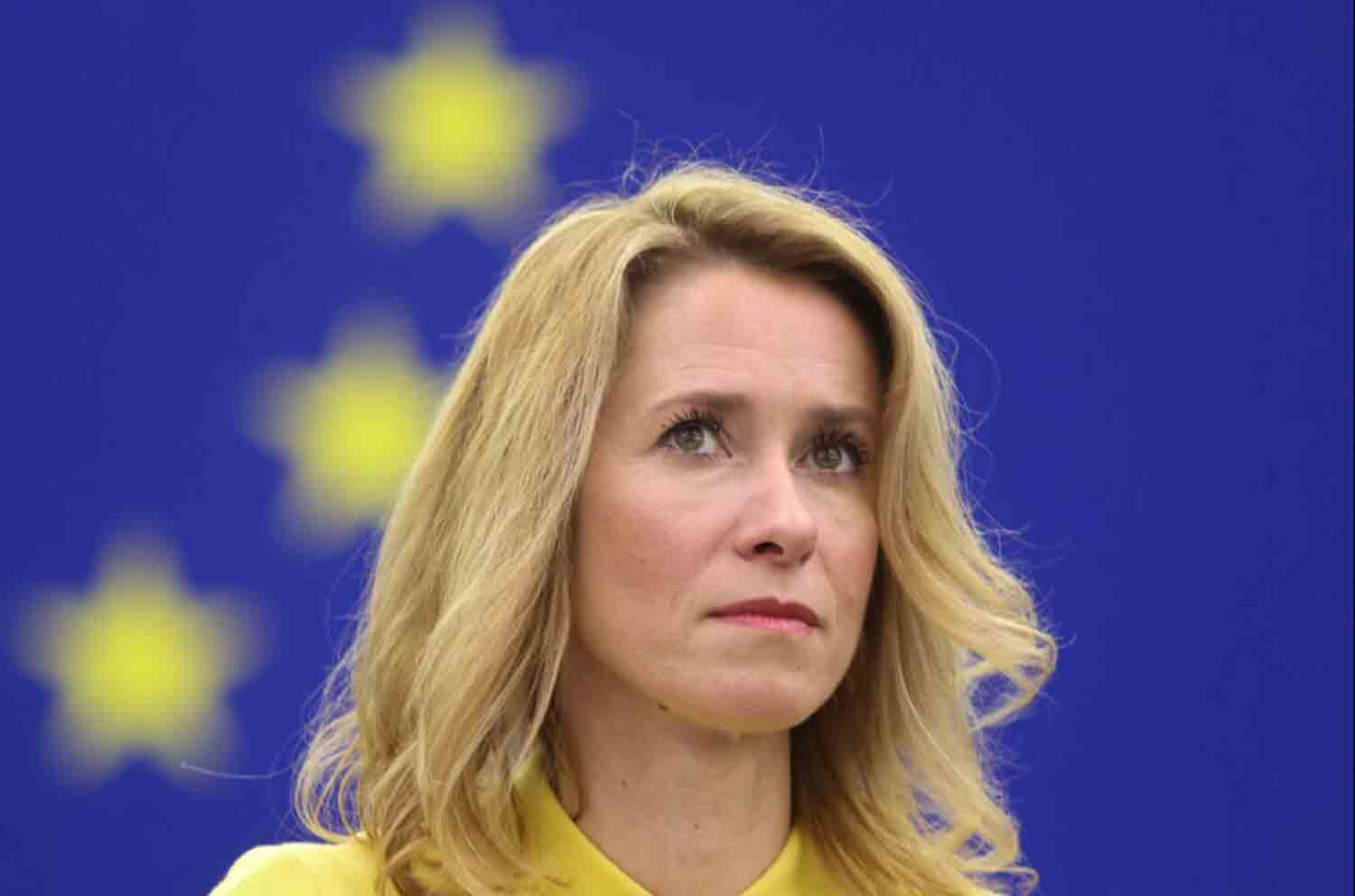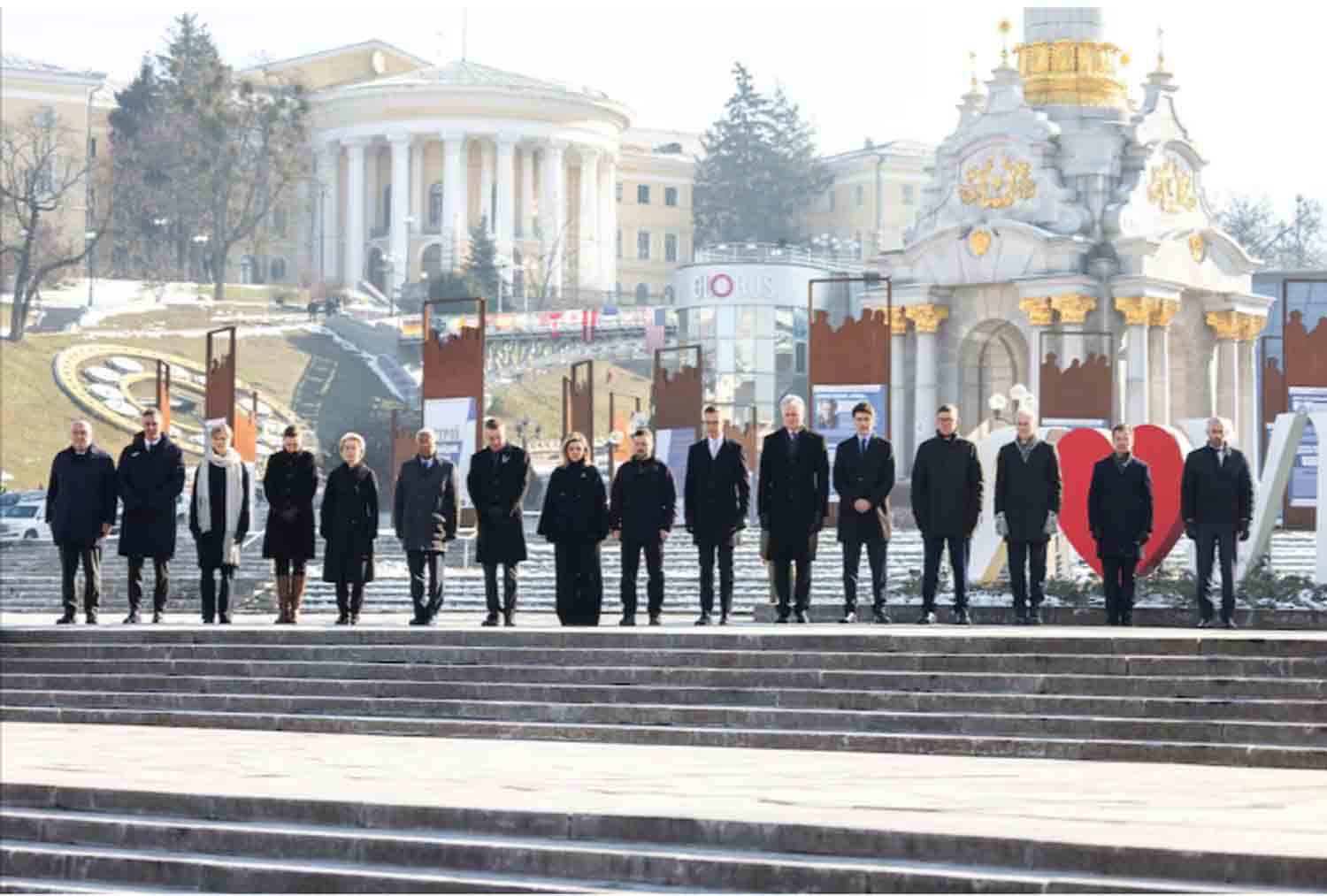European foreign ministers expressed their concerns on Monday regarding a significant shift in U.S. foreign policy under President Donald Trump, marking a new era for the region. Despite their apprehensions, they remain hopeful that the transatlantic relationship can withstand these changes.
European officials have been caught off guard by Trump’s decision to engage in discussions with Russia about ending the war in Ukraine, sidelining both Kyiv and European interests. Additionally, his administration’s indication that the U.S. is no longer primarily focused on European security has raised alarms.
EU foreign policy chief Kaja Kallas remarked after a meeting in Brussels, “The statements from the United States are certainly concerning for all of us.” However, she emphasized that Europe and the U.S. have previously resolved their differences and are expected to do so again.
Kallas acknowledged that the transatlantic relationship would inevitably evolve, stating, “It is evident that changes are coming, but we should not discard what has been effective thus far.”
Friedrich Merz, the newly elected leader in Germany, raised questions about the future of NATO, suggesting it may not remain in its current form by June, and urged Europe to develop an independent defense capability swiftly.
Dutch Foreign Minister Caspar Veldkamp commented on the situation, stating, “The era that began with the fall of the Berlin Wall has come to an end.” He stressed the need for Europeans to organize collectively, not just within the EU but also with the UK, Norway, and other interested nations, to address the new challenges posed by Trump’s policies.
Analysts from the Eurasia Group noted that recent developments indicate “Europe is on the brink of a significantly more perilous world,” suggesting that EU leaders are increasingly anxious about the future.
It is now evident that the capacity to respond in the upcoming weeks and months may significantly influence the future structure of the international order and the role it will play within that framework for many years ahead, they stated.
EXTRAORDINARY SUMMIT
EU ministers have reached an agreement on yet another sanctions package targeting Moscow, timed to coincide with the third anniversary of Russia’s invasion of Ukraine. This comes ahead of a series of meetings scheduled in Brussels, Kyiv, and Washington regarding Ukraine in the near future.
On March 6, EU leaders will convene for an extraordinary summit to deliberate on further support for Ukraine, security guarantees for Europe, and funding for European defense requirements.
“I never imagined I would have to express this on a television program, but following Donald Trump’s comments last week, it is evident that this government shows little concern for Europe’s future,” Merz remarked to German public broadcaster ARD after his party’s electoral success.
Czech Foreign Minister Jan Lipavsky emphasized the need for Europe to demonstrate strength while maintaining its relationship with the United States.
“We can all sense a shift in U.S. rhetoric, particularly over the past two to three weeks,” Lipavsky noted in Brussels. “However, this does not imply that we should cease our engagement; quite the contrary,” he added.
On the same day, several EU leaders and ministers visited Kyiv to express solidarity with Ukraine, while the leaders of France and Britain are set to meet Trump in the United States this week.
“We must expedite the immediate provision of weapons and ammunition,” stated European Commission President Ursula von der Leyen during her visit to Kyiv. “This will be central to our efforts in the weeks ahead.”
The EU’s 16th sanctions package against Russia, which foreign ministers approved on Monday, includes a ban on primary aluminum imports and the sale of gaming consoles, as well as the listing of owners and operators of 74 so-called shadow fleet vessels that are used to circumvent sanctions.
Discover more from Defence Talks | Defense News Hub, Military Updates, Security Insights
Subscribe to get the latest posts sent to your email.





